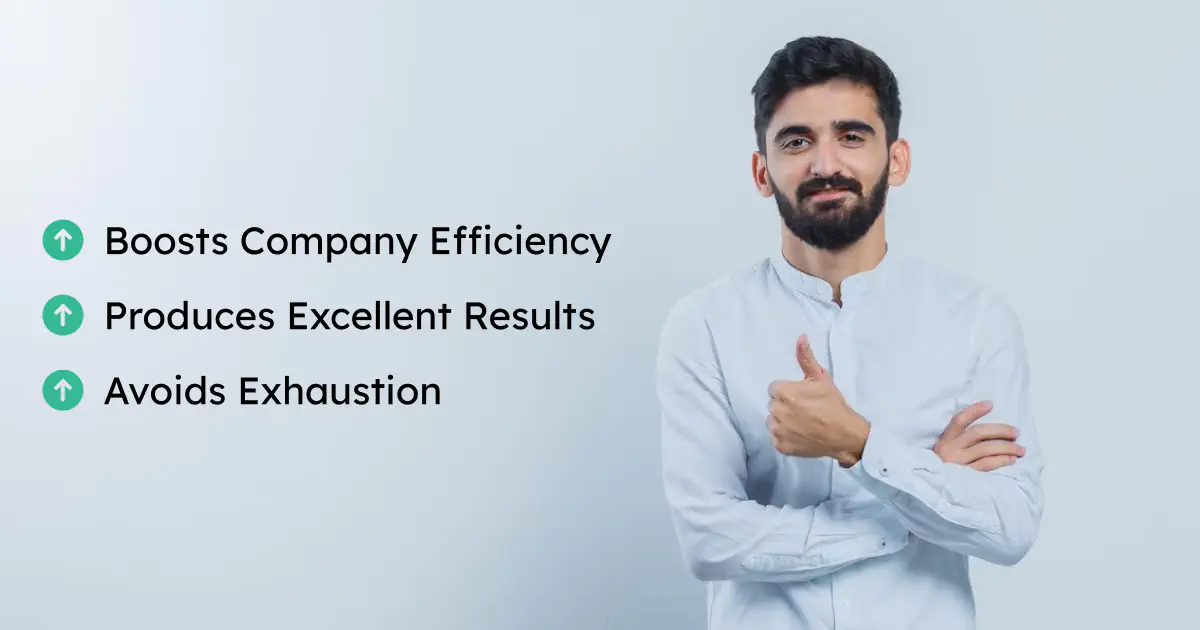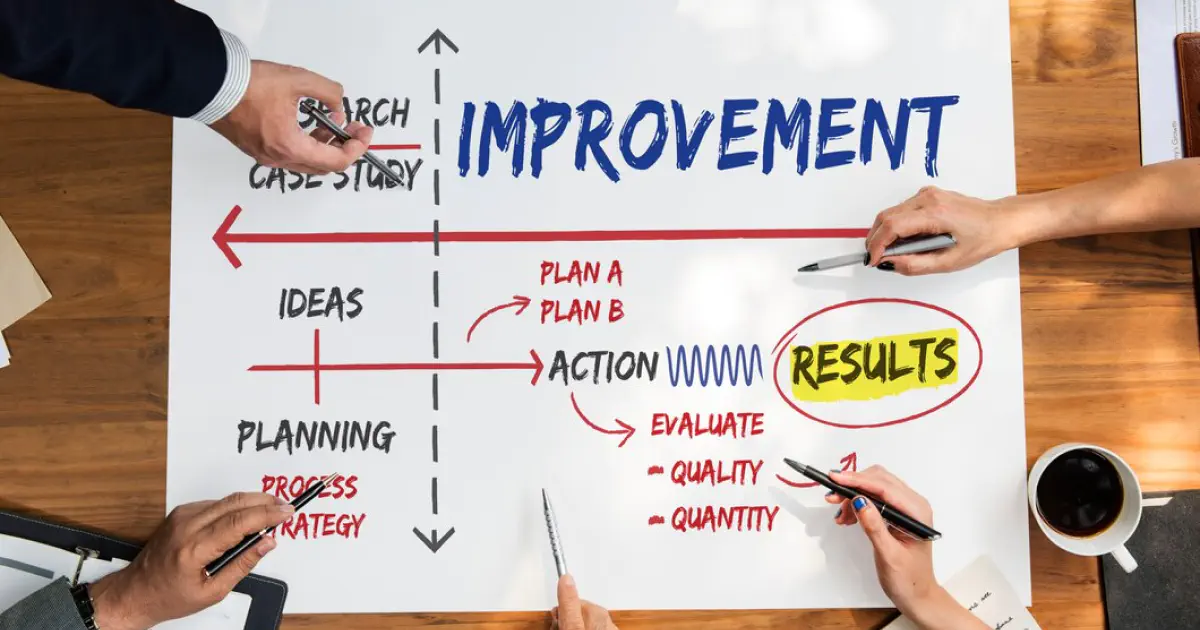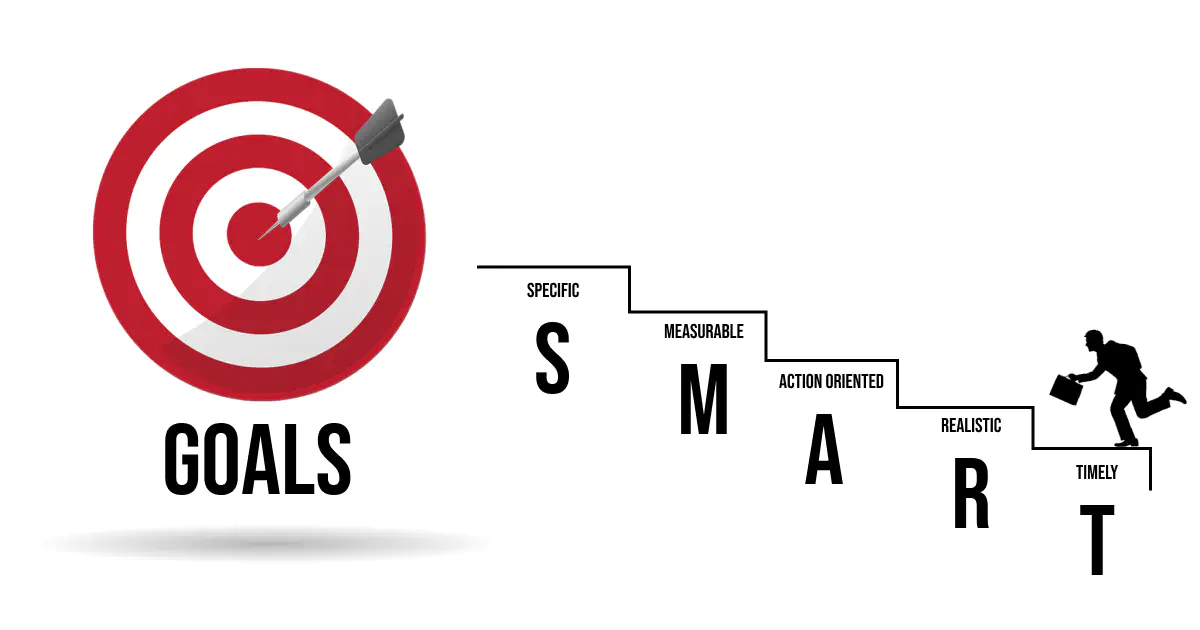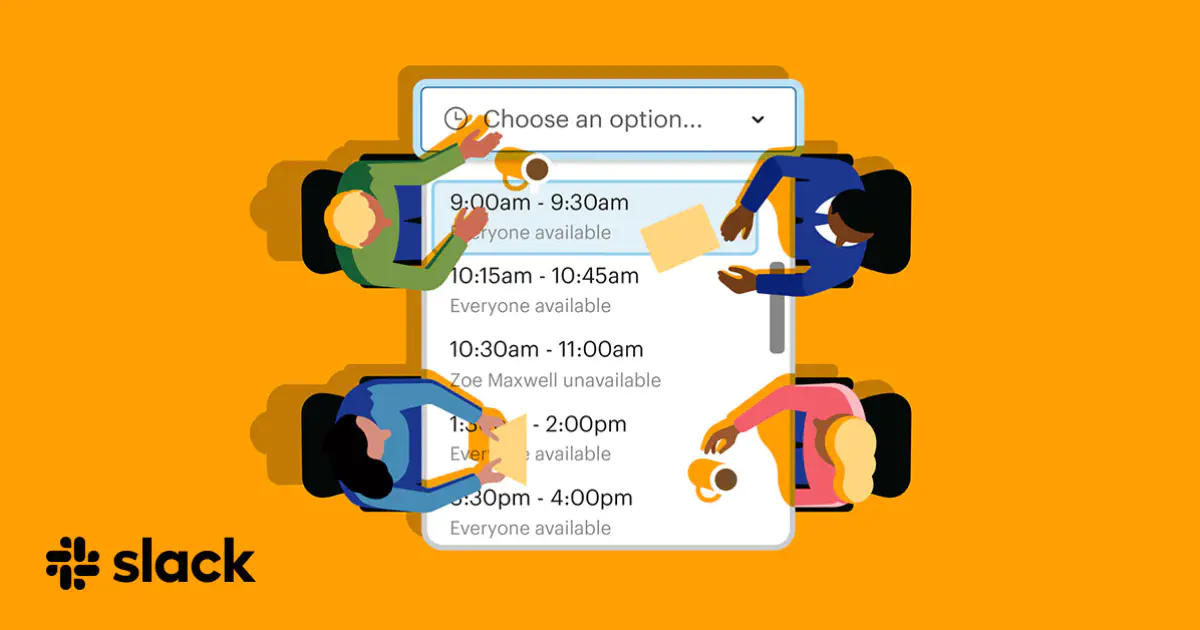What is Developer Productivity & How We Can Improve It?

The word “productivity” rings frequently through the halls of IT organizations due to the high volume of software development activity there. But what exactly does “developer productivity” entail? Is it more than just a contest of how fast you can code? To be productive as a developer is not just about how quickly you can do tasks, but also about how effectively and creatively you complete them. It's a tough topic, and many programmers struggle with it, especially when up against strict deadlines and difficult tasks. The focus of today's post is on learning how to increase developer productivity. Designed to appeal to C-suite executives and programmers alike, it stresses the value of striking a healthy work-life equilibrium. These suggestions can make a real impact on the development process, leading to happier teams and more successful projects, whether by automating tedious chores or promoting a good work-life balance.
How do you define developer productivity?

Programmer efficiency is only one aspect of developer productivity. The overarching goal is to foster a productive and supportive environment for software development across the board. To evaluate productivity over a certain period, many businesses establish quantitative targets. Organizations can use these benchmarks to evaluate developer productivity and discover inefficient processes or missing tools. Companies can boost development productivity by making well-informed decisions after considering these factors.
The Importance of Developer Productivity

Boosts Company Efficiency
The success of a business frequently depends on its programmers. Their output is a direct reflection of the company's software development chops, which in turn affects business results. Development team dissatisfaction and burnout can occur if projects fall behind due to low productivity.
Produces Excellent Results
Developer productivity has a major impact on program quality. The quality and dependability of the final product can suffer if productivity drops.
Avoids Exhaustion
Some jobs in software development can be so monotonous that they tire engineers down to the point where they are more likely to make mistakes. Companies may protect their employees from burnout if they prioritize efficiency, which in turn improves performance, privacy, and security.
Learn To Improve Developer Productivity

Maintain a Healthy Work-Life Balance

The pursuit of effectiveness often comes at the expense of people's well-being. However, giving up sleep or time for yourself may have the opposite effect. Research shows that losing sleep can decrease productivity by as much as half. Promoting a healthy lifestyle, such as frequent exercise and a portion of nutritious food, can have a major impact on output.
Connect and Communicate

For any process to go smoothly, open and honest communication is essential. Kanban boards, Scrum boards, and daily standups are just a few of the tools that can help teams effectively communicate and stay on the same page. Cloud servers provide a convenient place to put data for safekeeping and easy access in the future. Frequent interaction increases efficiency. Promoting an environment where developers feel comfortable asking questions, making connections, and sharing ideas helps bring people together. Having processes and protocols written down can be a time saver.
Harmonize Developer Capabilities with Projects

Each programmer has their specialties and areas of competence. Aligning these advantages with the needs of the project might hasten its conclusion and improve its quality. When putting together a team for a project, it's important to take everyone's skill sets into account.
Eliminate Manual Efforts

With the help of automation, programmers can devote their time and energy to solving more intricate problems. Middleware is software that helps with a wide range of tasks, from data administration to API management to process automation and efficiency improvement.
Establish Reasonable Deadlines

A group might easily become overwhelmed by unrealistic deadlines. Setting goals using a method like S.M.A.R.T. can help you escape this trap. By including them in the deadline-setting process, you can better anticipate and plan for any problems that may arise during the project.
Become an IDE Expert

During development, it can be helpful to have all of your tools in one place, which is where an IDE comes in. Increased output is one of the many benefits of IDE training for developers. When used together, plugins and snippets can streamline the development process by automating mundane duties.
Do Not Juggle Too Much

Multitasking may seem like a good idea, but it often backfires in the world of software development. Constantly switching between tasks is disruptive and wasteful of time. One-tasking increases efficiency and effectiveness.
Job-Site Flexibility

Employers increasingly value employee's need for a modicum of schedule freedom. The Netflix Culture Code stresses the importance of productivity above long hours.
Try to Reduce Distractions

The typical individual needs 15 minutes to return to the task at hand after being distracted. Noise-canceling headphones or specially designated quiet locations can help reduce disturbances like background noise and visual clutter. Increasing efficiency in the workplace can be as simple as rearranging furniture or as elaborate as installing Viking Domes or green plants on each worker's desk.
Communicate Wisely

Although talking to one another is essential, it's important to be selective about the topics discussed. Take care with your words and tone. Use instant messaging services like Slack and hold only short, productive meetings.
Align Duties with Capabilities

Doing what one is strong at usually results in increased productivity. To identify their ideal team, new engineers at companies like Facebook can test out a few different ones.
Use a CI/CD Methodology

When businesses use the CI/CD (continuous integration, deployment, and automated testing) methodology, they can speed up the time it takes to release software to customers. It helps with integration issues by introducing automation into the app development process.
Provide Developers with Time-Saving Tools & Resources

It's important to provide developers with high-quality equipment like large displays and project management software like Jira, Trello, and Asana. Integrations like Shake + Jira streamline the process of monitoring for bugs and crashes.
Adopt Agile Processes

Agile approaches boost productivity and timeliness by splitting project management into stages. In contrast to conventional approaches to managing projects, this method places a premium on teamwork and flexibility.
Conclusion
The secret to unlocking developer productivity is not more hours in the office, but rather a stimulating and enjoyable workplace culture. Dealing with stress and burnout is crucial to success since they can be major obstacles to productivity.
Stress reduction, open lines of communication, reasonable objectives, and adequate resources all contribute to peak performance. Organizations may create a thriving environment for developers if they take the time to learn about and adopt these factors.




